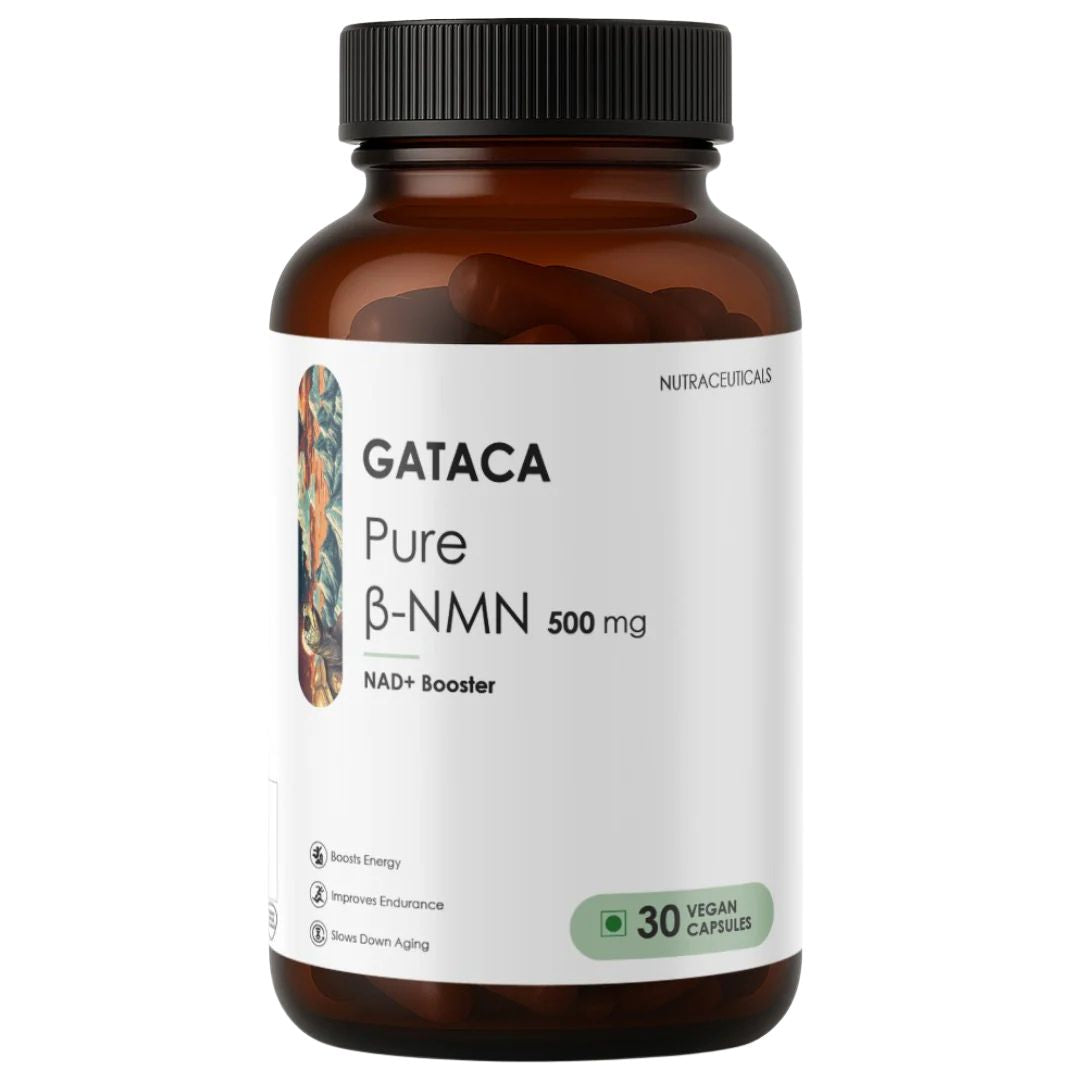Introduction
Aging is the number one determining factor for people dealing with medical conditions in general. A higher risk of cancer is generally attributed to a multitude of causes like aging, faulty genetic make-up, exposure to toxins, low performance of the immune system, poor dietary habits and others. All of these cellular activities happen systematically because of specific NAD+ based molecules. NAD+ levels plummet from your early 30s,which means oxidative stress and free radical levels begin to increase, causing damage to cellular DNA.
The Link Between Cancer and Damaged Cellular DNA
Change in DNA is called a mutation, and when these mutations multiply, incorrect information and instructions are being passed down to future daughter cells. High numbers of mutations have been found in cancer cells, while mutations themselves can cause more cancerous cells to be produced.
Now, let’s segue to colorectal cancer. Statistics show that it is the 7th most common cancer type in India, with over 70,000 cases, this year alone. On a global scale, it is the 3rd most common cancer type. Though cancer in general seems to strike older individuals, there is a worrying trend in India- with most of the positive cases under the age of 50. Why do you think this is happening? Also, what happens to treatment options?
The Colon Cancer Study-
A bunch of recent studies have shown that involving NAD+ precursors in the treatment regimen may be helpful in improving prognosis. Mind you, this study was done in mice- they were given food laced with azoxymethane (a compound that can cause cancer) and water that contained dextran sulfate sodium (this compound specifically caused high levels of inflammation and tumor growth in these mice). This way, they could use a full-fledged colorectal cancer model. When it was time for treating them, they were divided into two groups- the control group which received a placebo (no NMN) and the second group which had NMN injected, respectively.
After this was done, the mice were studied in great detail and one of the major pointers noticed was a major decrease in the number of tumors formed in NMN-injected mice. STAT1 levels (think of this molecule as a biomarker or indicator for cancer) were seen to be low in mice which had colorectal cancer. NMN supplementation caused an increase in STAT1 levels which would directly reduce the amount of free radicals produced- conferring a protective effect in cells.
The Immune System Connect-
Our immune system has different cells which are like hall monitors that patrol the blood-vessel hallways. One of them is the NK or natural killer cells which target cancerous ones and destroy them. Older mice have lower numbers of NK cells. Regular NMN supplementation helped enhance NK cell activity. Another cell called the T-cell is greatly involved in fighting against cancer. Macrophages are immune cells that are normally found in high numbers in cancerous environments. NMN can help the immune system as a whole, as it helps improve functionalities of different kinds of immune mediator cells, while also actively helping to reduce macrophage activation and associated inflammation.
So, let’s talk about the fact that NMN helps mice deal with cancer. Not just colorectal cancer but other kinds too, as research has shown. Supplementation studies on humans are being conducted, and we are super excited to see that the results seem to be tipping in NMN’s favor. Clinical applications abound for NAD+ based precursors and we think it is a much milder form of therapy when compared to stringent drug regimens and chemotherapy. So, here’s us hoping that more studies are conducted- this time with humans as subjects to really understand disease modalities and add a much-needed weapon in our perpetual fight against cancer.





